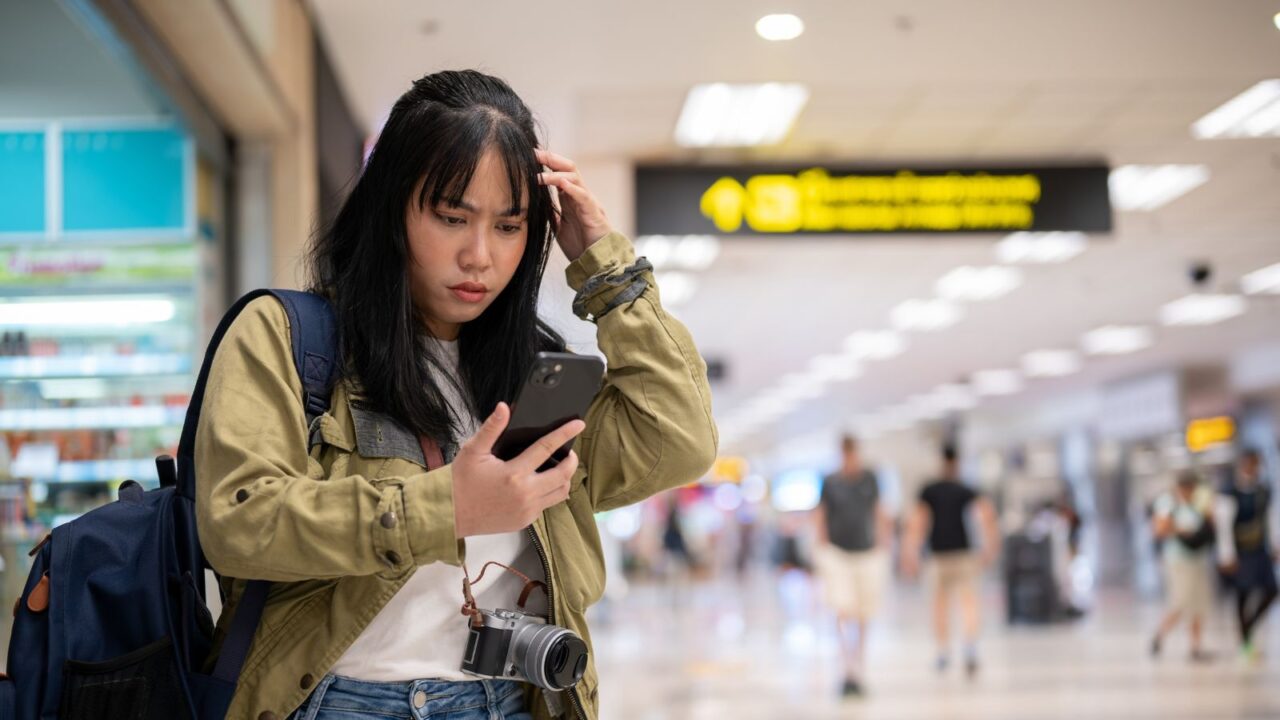
Flying isn’t always what it costs
Buying a plane ticket feels simple, but the price you see often isn’t the final cost. Airlines have mastered the art of adding extras that don’t appear until later in the booking process.
From checked bags to snack purchases, these little charges can add up quickly. If you aren’t paying attention, you might spend hundreds more than expected. Knowing what to look out for is the first step to saving money and traveling smarter.
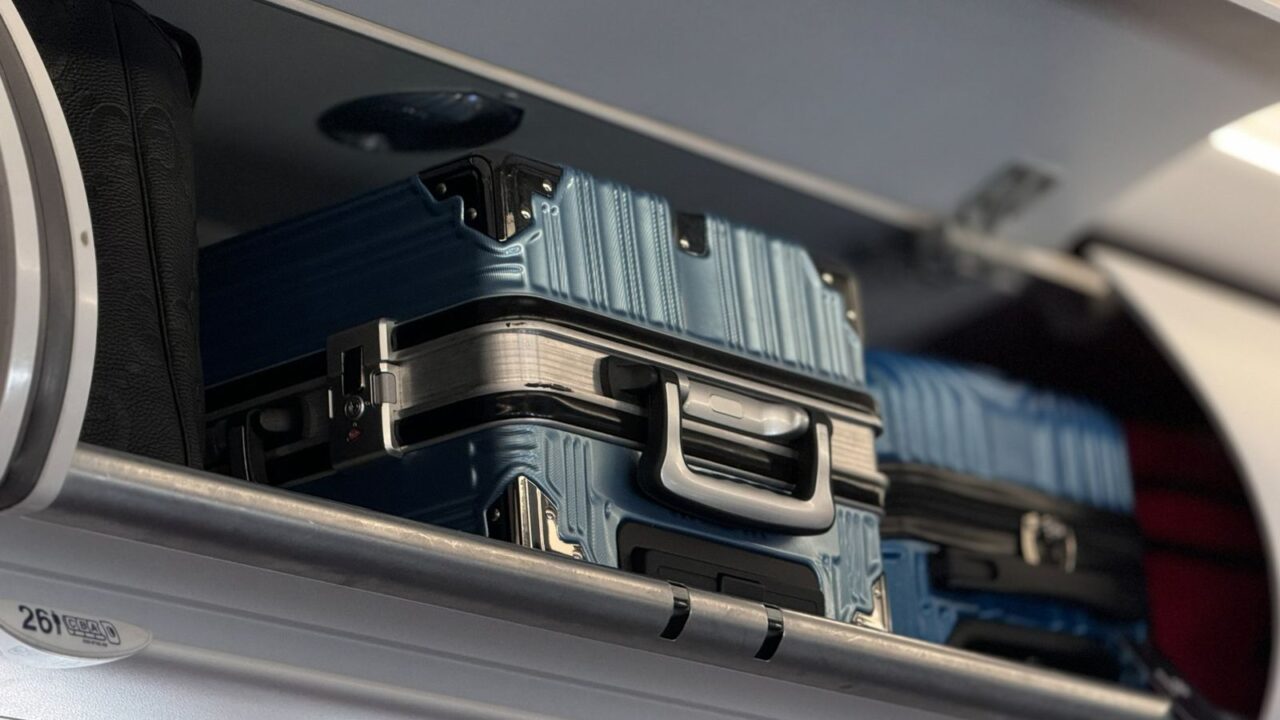
Baggage fees pile up fast
Checked bags usually cost around $30 to $35 each way, but the price climbs with size or weight. Overweight bags can reach as high as $200, sometimes even more depending on the route.
Some budget airlines even charge for carry-on bags that don’t fit under the seat. Many travelers are caught by surprise at the gate when last-minute bag fees are much higher. Staying aware of weight limits and packing smartly can save you from paying unnecessary charges.
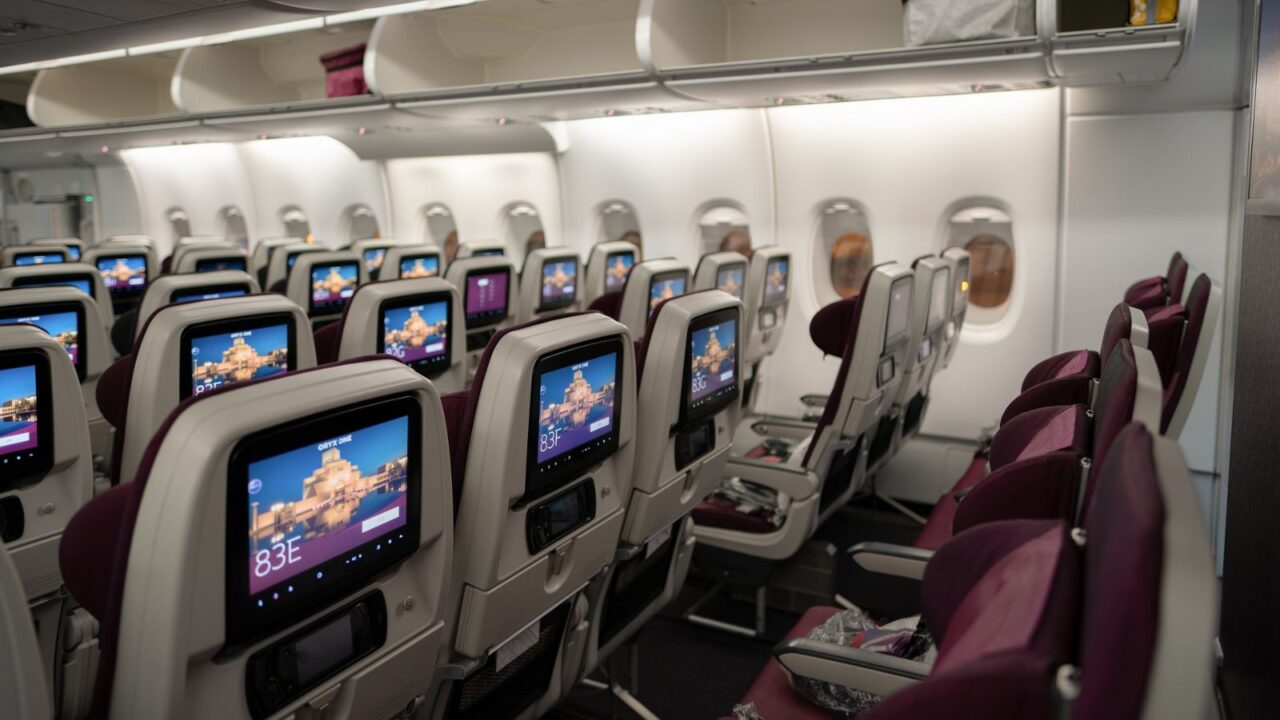
Seat selection isn’t free anymore
Choosing a standard seat on most airlines often comes with a fee of $25 to $50. If you want extra legroom, aisle access, or exit rows, the cost can quickly jump to $100 or more.
Not selecting a seat can mean being placed in the middle or separated from family. Some airlines rely heavily on these fees, so they make it tricky to avoid. Understanding your seating options before buying the ticket helps you make better choices.
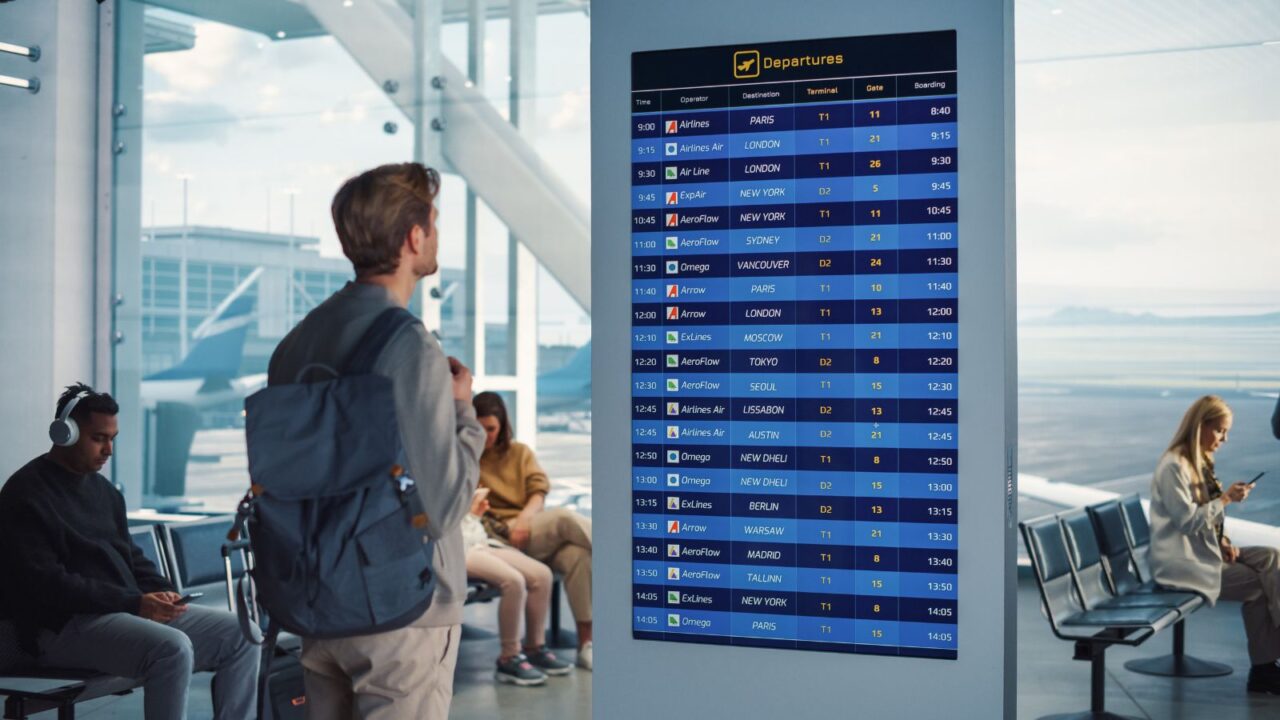
Changing plans gets expensive
Life happens, but airlines make schedule changes costly. Non-refundable tickets often carry penalties of up to $200 or more just to switch flights. Even when you simply want a later flight on the same day, the fees can sting.
Flexible tickets are less risky, but they usually cost a lot more up front. Without flexibility, you’re often locked into your original plans, no matter what comes up.
Booking fees sneak in quietly
Some airlines add charges for booking through third-party sites or by phone. These booking fees usually range from $5 to $25, but the amount depends on the carrier and method.
Payment method fees also apply, especially when using certain credit cards or booking internationally. These hidden costs are rarely obvious until the payment page. The best way to avoid them is to book directly on the airline’s website whenever possible.
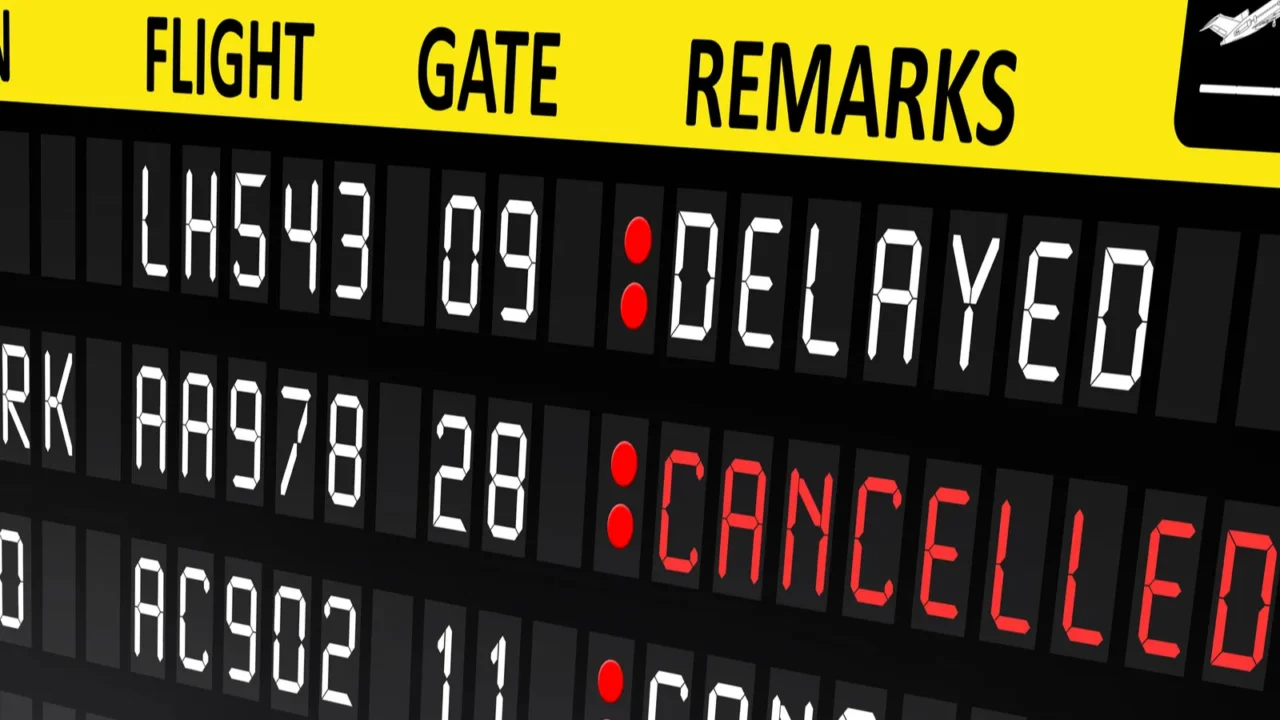
Watch out for cancellation rules
Refundable tickets cost more, but non-refundable tickets can leave you with nothing if you cancel. In many cases, canceling means losing the full value of the ticket.
Travel insurance or airline waivers are often the only ways to protect your money. Always read cancellation policies closely before you buy. Some airlines may offer credits instead of refunds, which is helpful only if you plan to fly with them again.
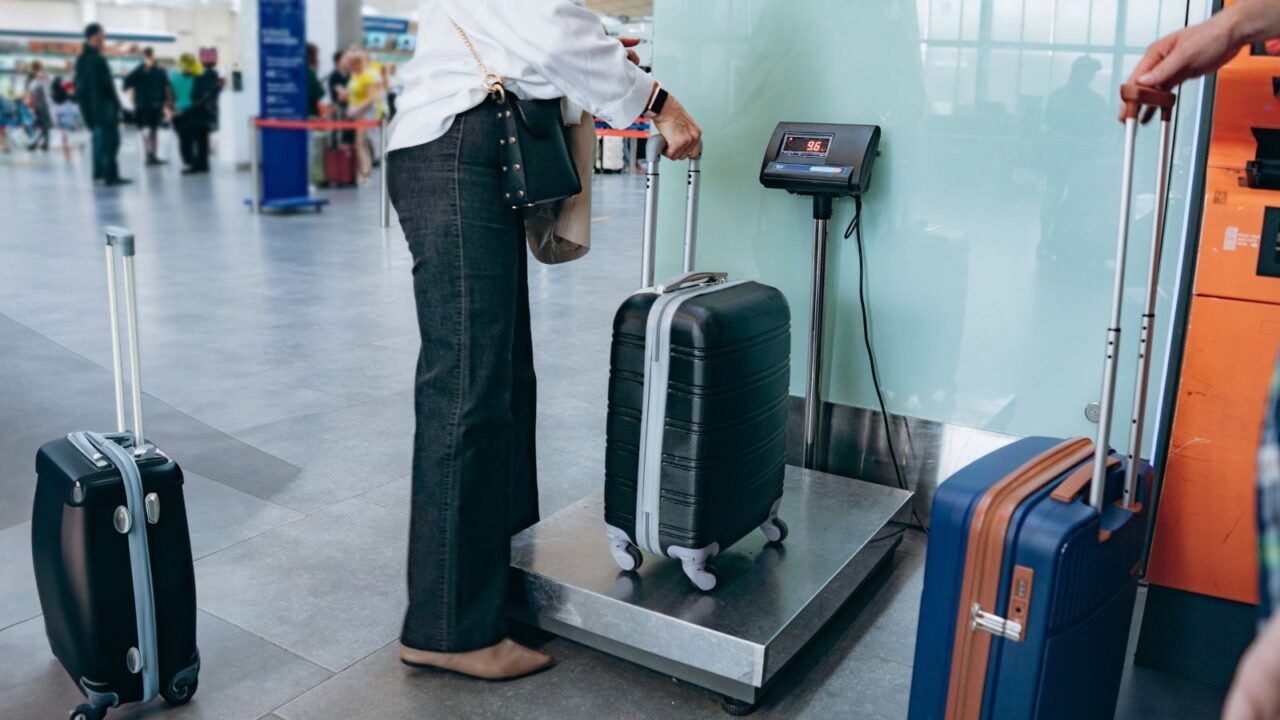
Carry-on limits can trick you
Not all airlines treat carry-ons the same way. Some allow one free carry-on plus a personal item, while others only let you bring something that fits under the seat.
Travelers often discover these rules at the gate, where carry-on fees can be higher than checking a bag. To avoid costly surprises, always check your airline’s carry-on policy before packing. Measuring your bag in advance also helps.
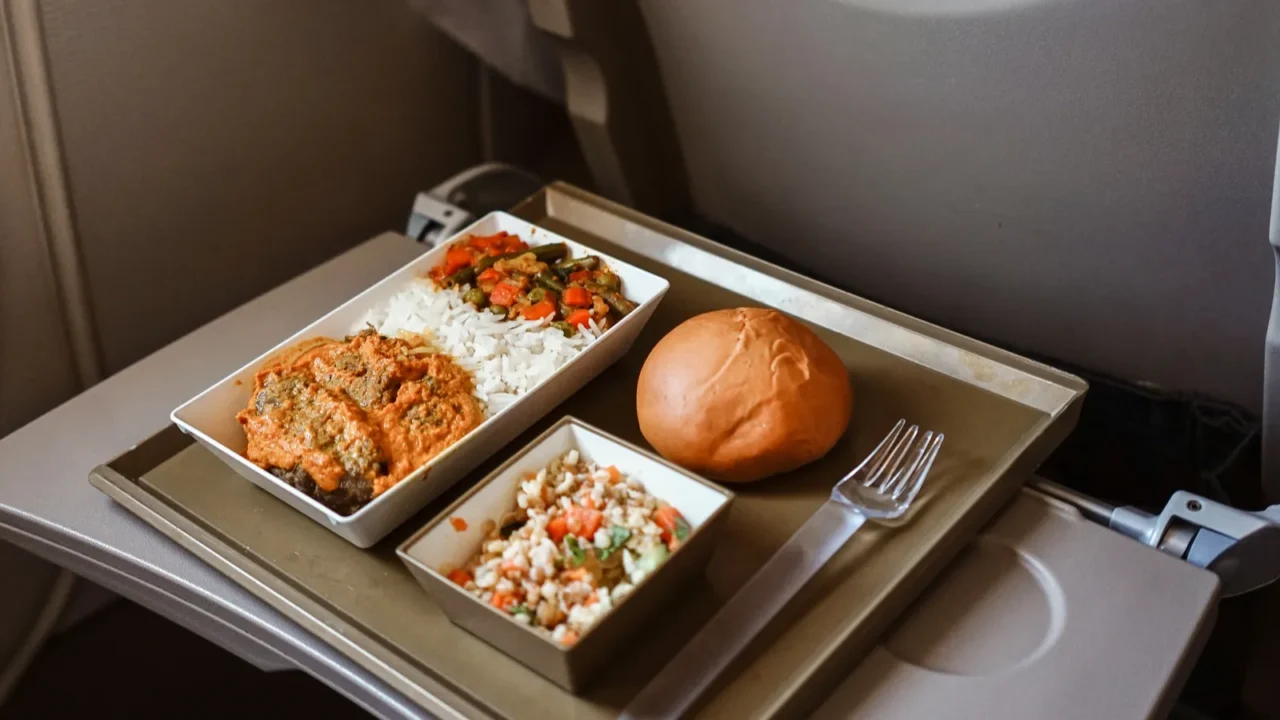
Meals and snacks add up
Free meals are now rare, especially on domestic or shorter flights. Many airlines charge $10 to $20 for basic snack boxes, sandwiches, or salads.
Even drinks like soda, coffee, or bottled water can cost money depending on the airline. For families, these small charges multiply quickly. Packing snacks from home or eating before boarding can save you both cash and hunger pains.
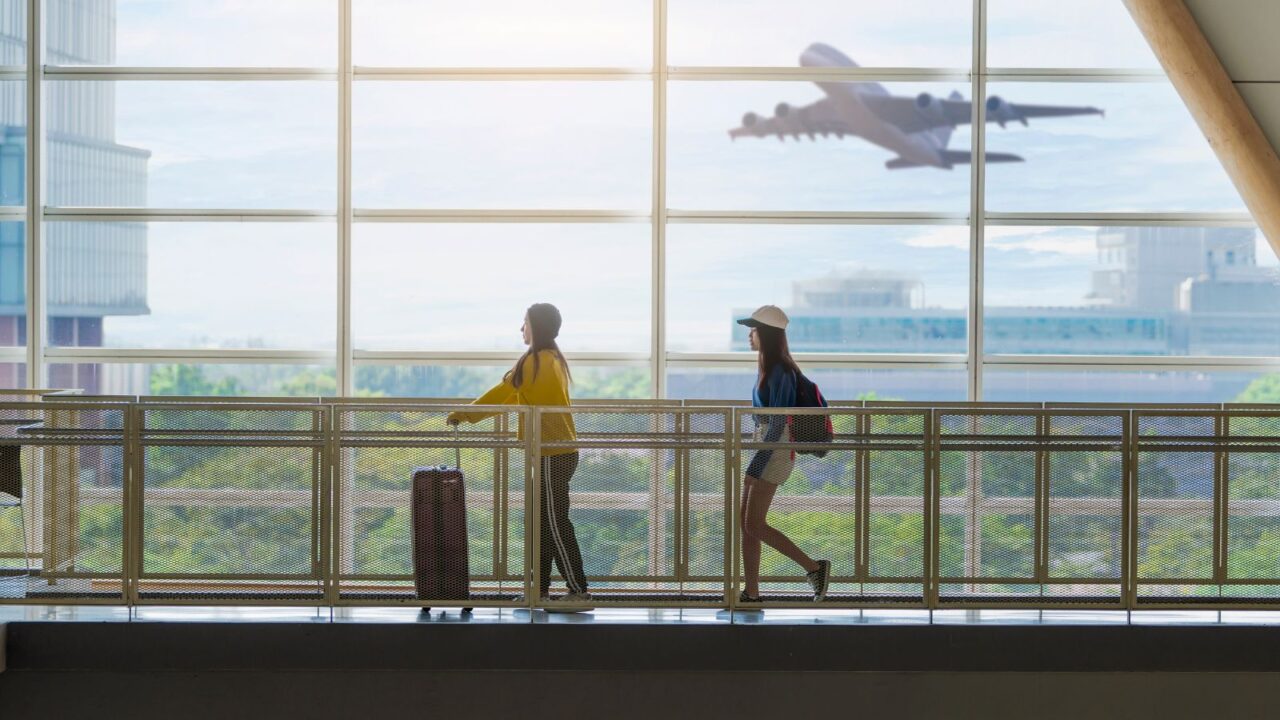
Priority boarding isn’t always worth it
Airlines sell early boarding for $15 to $40 per person, tempting travelers who want overhead space. It sounds appealing if you’re worried about bag storage.
But in reality, boarding order doesn’t change the comfort of your seat. On many flights, overhead bins are plentiful, and paying extra adds little value. Unless you’re traveling with a large carry-on, priority boarding often isn’t worth the cost.
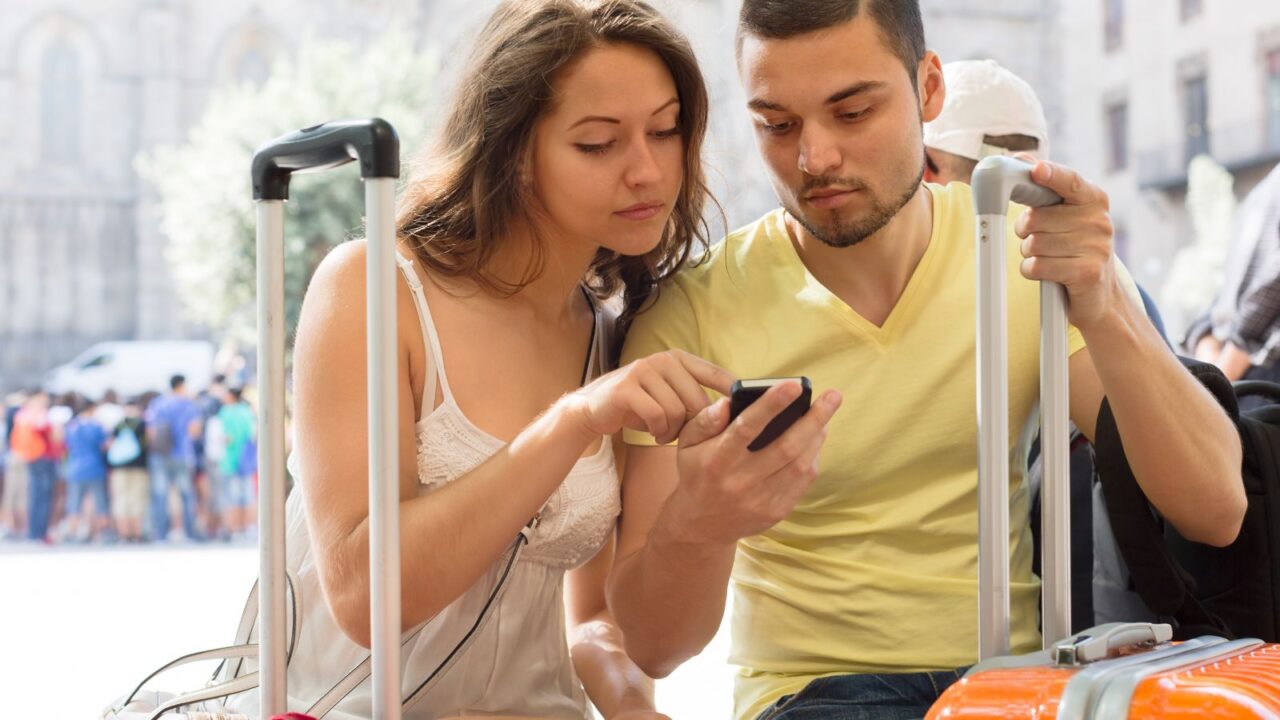
Watch for wifi and entertainment fees
Inflight wifi isn’t free on most airlines, and it can cost anywhere from $8 to $20 per flight. Streaming or premium access plans often run even higher.
Seat-back entertainment, when available, can also come with rental fees for movies or TV shows. Travelers who aren’t prepared may spend extra just to pass the time. Bringing downloaded shows, podcasts, or music can help you avoid these charges altogether.
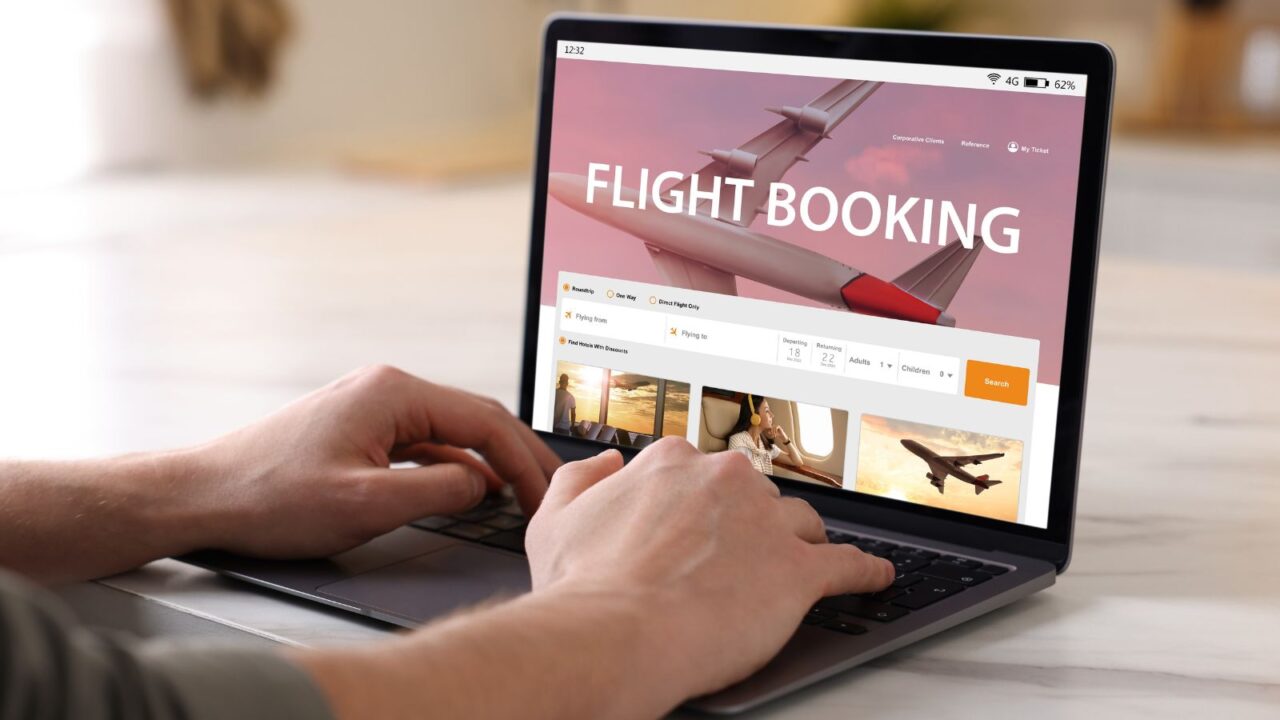
Foreign transaction charges surprise travelers
If you’re booking from outside the U.S. or using a bank without travel perks, foreign transaction fees may apply. These are usually about 3% of your total purchase.
That might not sound like much, but it adds up quickly when buying multiple tickets for a family trip. Using a travel credit card that waives foreign fees can save you real money. Always check before you book to avoid unexpected charges.
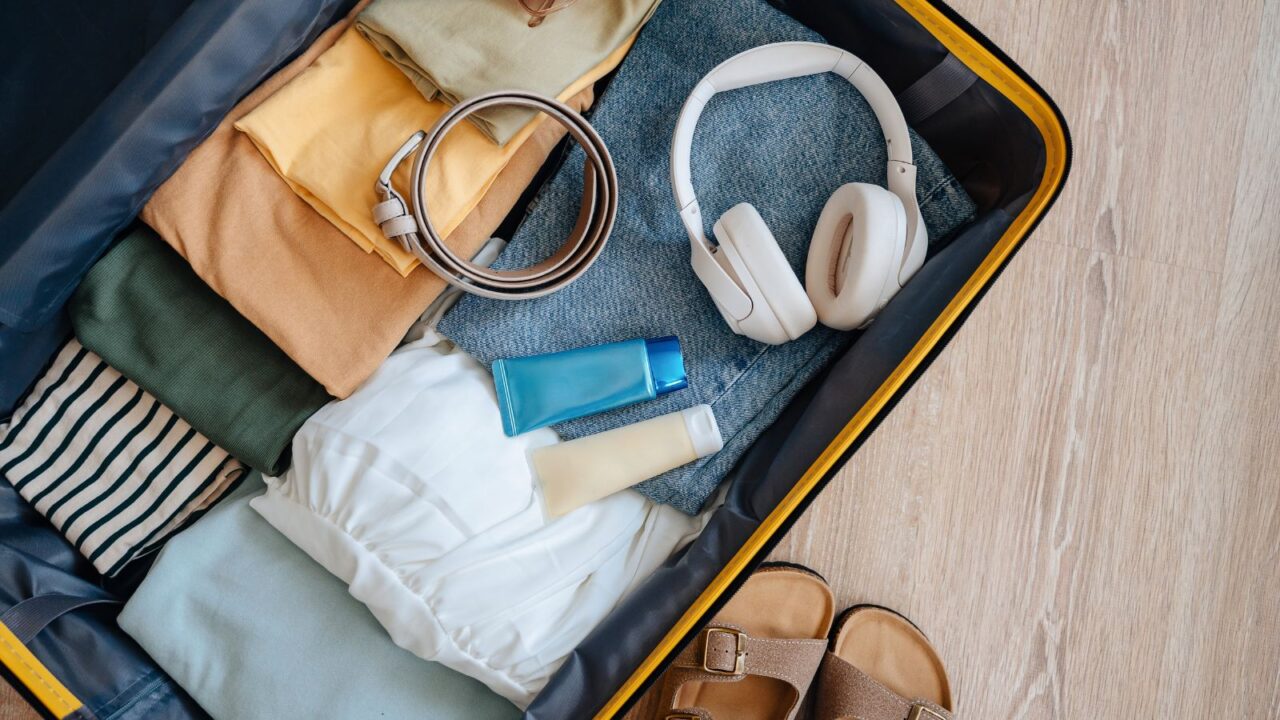
Packing light saves real money
One of the easiest ways to dodge baggage fees is to pack light. Sticking to just a carry-on or even a personal item can save $60 or more on a round trip.
Rolling clothes tightly, choosing versatile outfits, and wearing heavy items on the plane are simple tricks. Travelers who master light packing save not only money but also time at the airport.
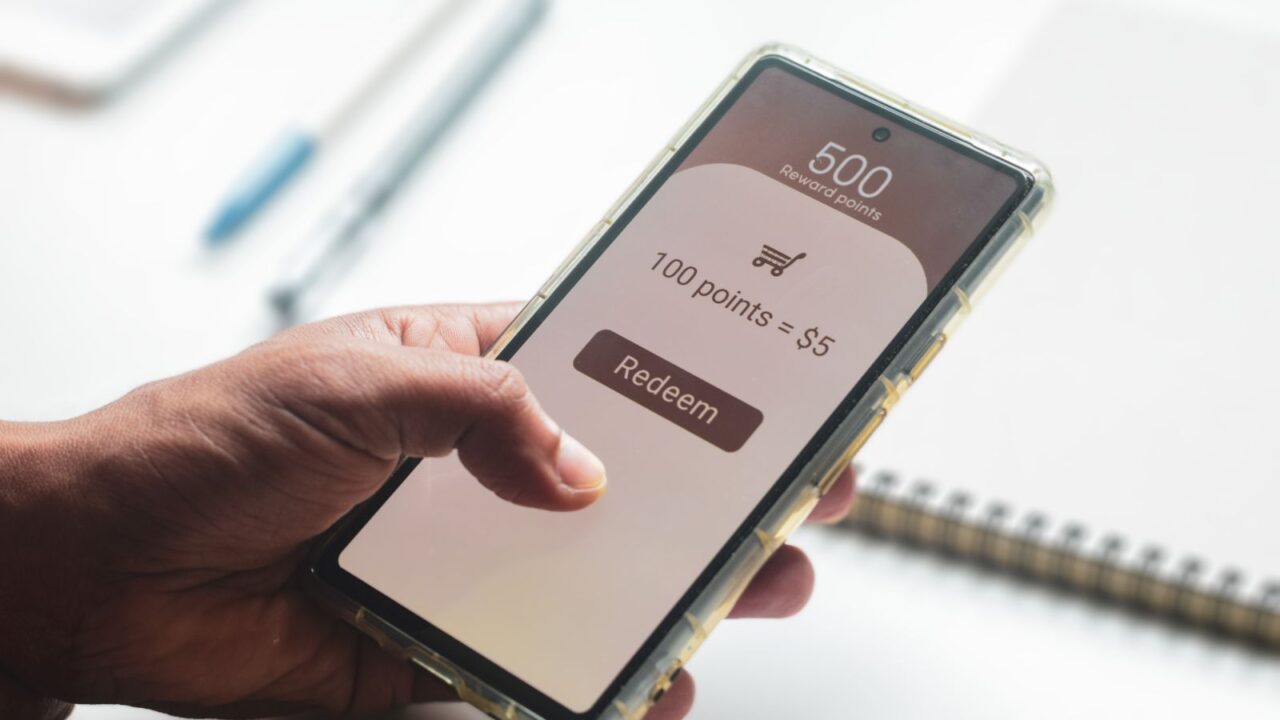
Loyalty programs give free perks
Joining an airline’s loyalty program is free and can bring benefits right away. Many programs give members perks like free checked bags or priority boarding.
Co-branded credit cards take the savings further, offering waived seat selection fees or bonus miles. For frequent flyers, these rewards can add up to hundreds in savings each year.
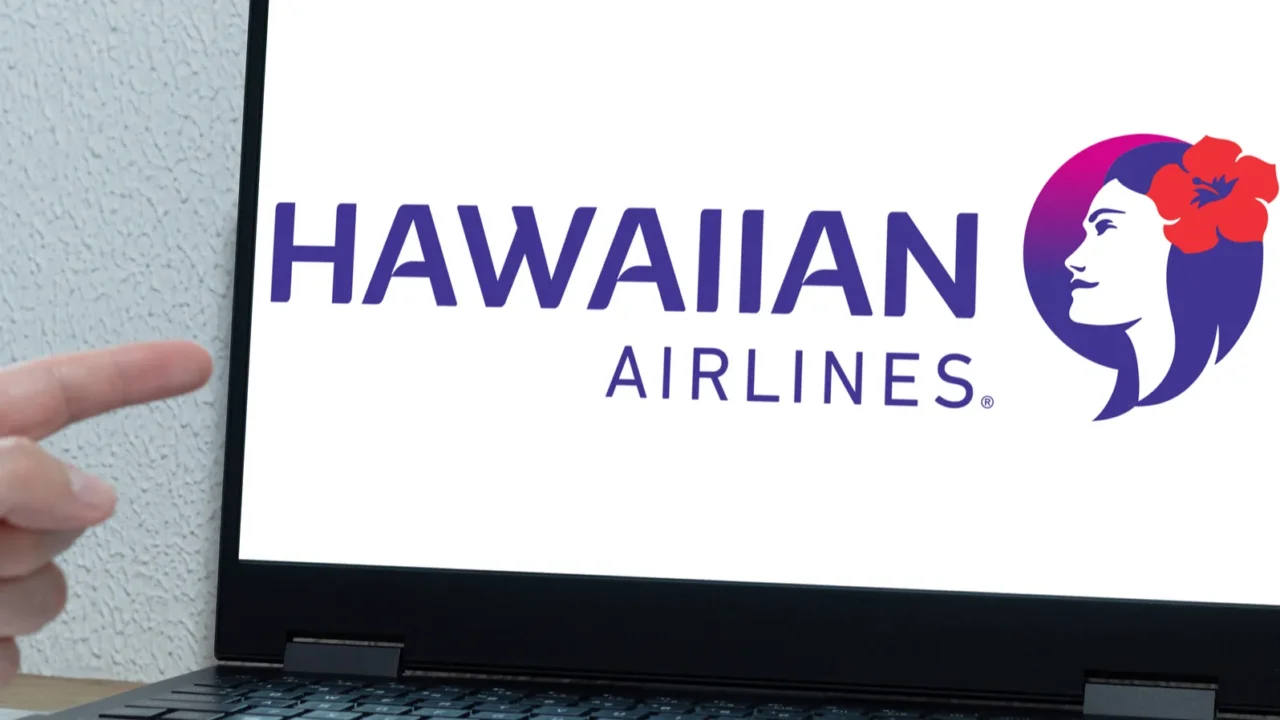
Book directly for fewer surprises
Third-party booking sites may look cheaper at first, but they often add hidden charges later. Booking directly through an airline helps you avoid those extra fees.
It also makes it easier to handle changes, delays, or cancellations. Airlines usually provide better support for customers who booked with them directly. This simple step can prevent many headaches.
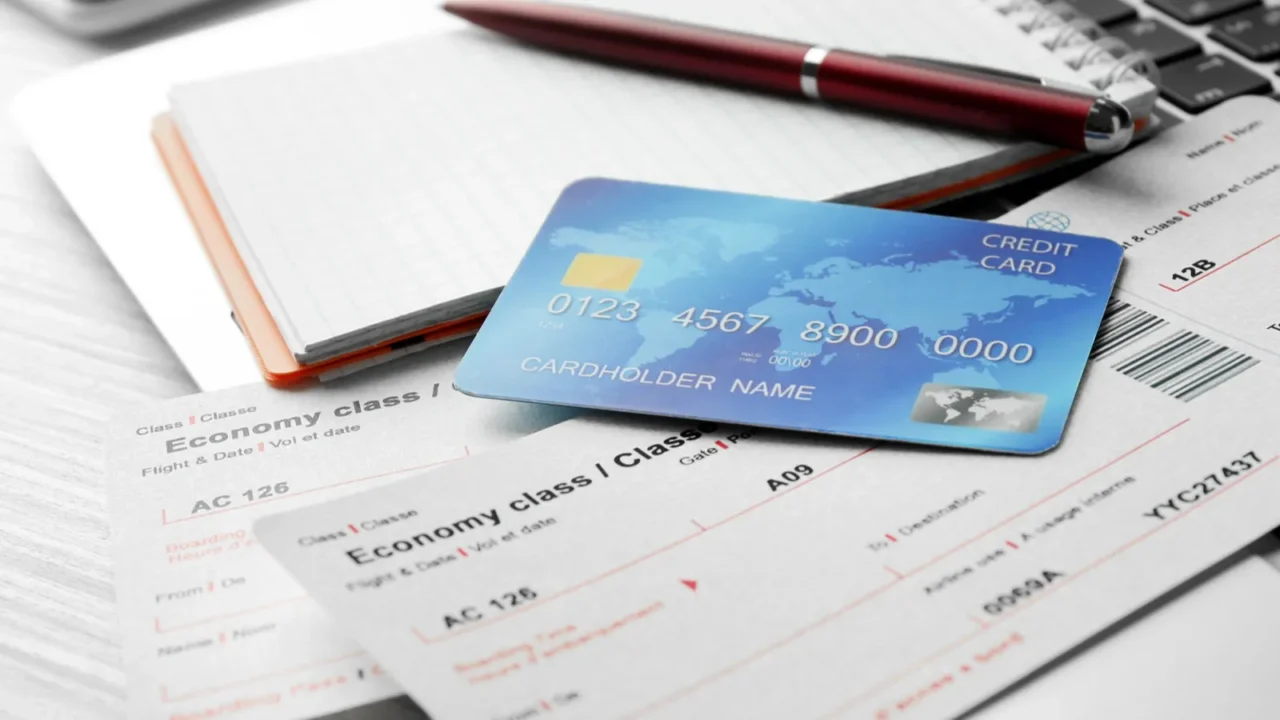
Travel credit cards cover many extras
Certain travel credit cards reimburse baggage fees or provide yearly travel credits. Some even include trip protection and no foreign transaction charges.
For frequent flyers, these perks can easily outweigh annual fees. Families, in particular, benefit since baggage fees can quickly add up for multiple travelers. Selecting the right card can make air travel significantly more affordable.
Want to stretch your savings even further? Discover the best times to book flights (and when not to).

Prepaying often lowers the cost
Buying baggage or seat upgrades during booking is almost always cheaper than paying at the airport. You can save $10 to $30 per bag just by prepaying.
Planning ahead not only saves money but also cuts stress at check-in. When you’ve prepaid, you move through the airport more smoothly without surprise costs. Wondering if that flight upgrade is really worth it? See what experts say before you decide.
Which hidden airline fee has caught you off guard the most, and what’s your best trick to avoid it?
Read More From This Brand:
- Best Things to Do in Savannah for a Relaxing Weekend
- 15 Magical Desert Landscapes in Arizona Worth the Trip
- 10,000+ Flights Disrupted, Is U.S. Air Travel in Crisis?
Don’t forget to follow us for more exclusive content right here on MSN.
This slideshow was made with AI assistance and human editing.